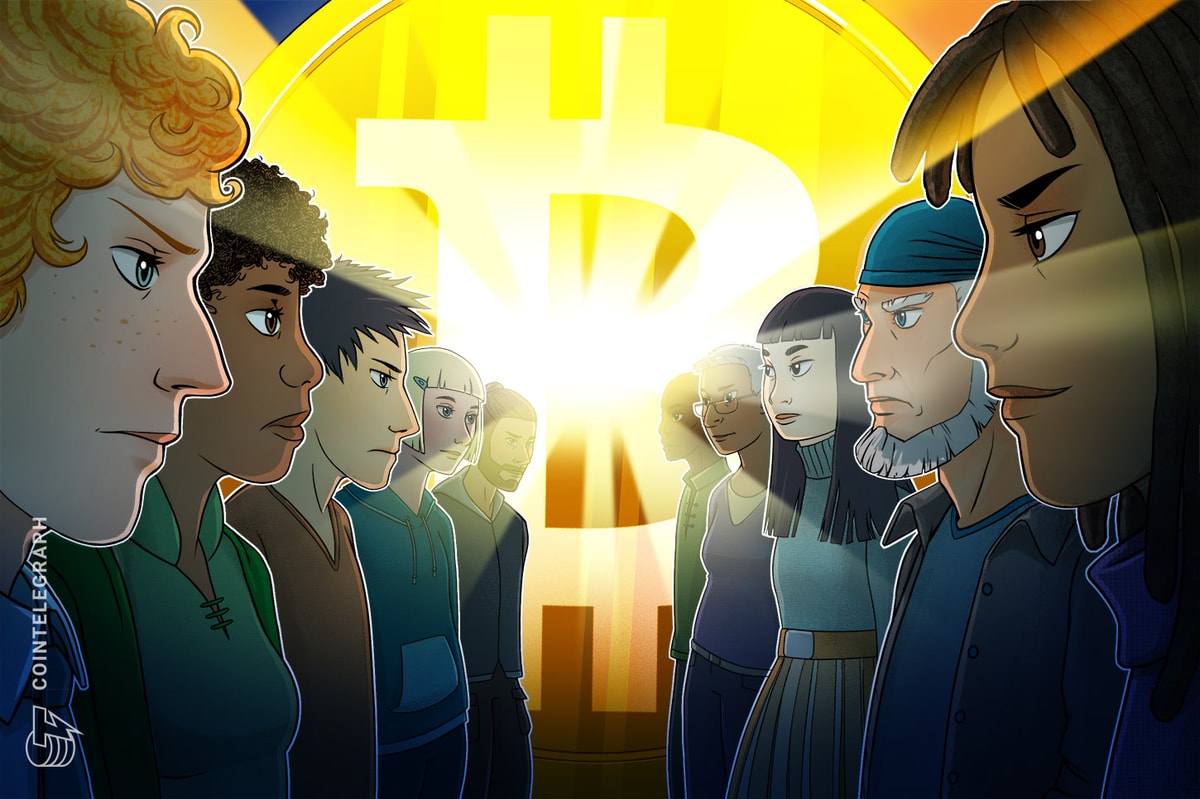Recent advances in AI rendering may have changed the NFT space forever. AI filters can now easily recreate or extend art styles. This may make NFT collections less valuable and less unique.
NFTs have always relied on scarcity. Their prices were often high because people believed the art was rare. Each collection had a limited number of items, with unique traits and styles. Collectors were willing to pay a premium for these digital assets.
However, AI has introduced a big problem. New AI tools can generate unlimited images in any art style. AI can also imitate popular NFT styles without much effort. This ability challenges the main reason why NFT collections were valuable—scarcity.
The Challenges NFT Collections Face
NFTs were already under pressure even before AI filters became popular. Falling prices and reduced market activity had made the situation worse. Now, with AI filters creating endless variations, the market faces a new threat.
Here is how AI filters affect NFTs:
Problem | Explanation |
Loss of Scarcity | AI can produce unlimited images, reducing the uniqueness of collections. |
Community Threat | NFT avatars used to create a sense of belonging; AI-generated versions may weaken that bond. |
Style Copying | AI can easily mimic any existing NFT collection’s style. |
Extended Supply | Collections can now be extended endlessly, which may flood the market. |
Because of these factors, many collections are forced to adapt. If they don’t, they risk becoming irrelevant.
AI as Both a Threat and a Tool
Some NFT creators are trying to make the best out of this situation. Instead of fighting AI, they are using it. Artists and developers are starting to remaster their collections with AI-generated styles.
A clear example is the trend of using the Studio Ghibli style. The filter became popular after ChatGPT added the feature. Many collections now experiment with this dreamy and soft visual style.
One example is Ghiblady Maker, a remastered version of the Milady Maker collection. This collection launched with Ghibli-style artwork. Some NFTs in this new collection reached prices above $10,000 on OpenSea. Despite this, Milady Maker has lost about 60% of its floor price, even after gaining attention from Ethereum users.
Other collections, like Mad Lads, also joined the trend. They created Studio Ghibli versions of their avatars. Mad Lads still holds a strong position among the top 10 collections. Even Bored Apes tried the Studio Ghibli filter as a fun experiment. However, there has not been a massive new wave of collections. The demand for NFTs remains lower than before.
The Current State of the NFT Market
The overall NFT market has slowed down. It is now valued at around $1.6 billion. For comparison, some meme tokens alone have reached higher valuations recently. Despite the slowdown, some rare NFTs still sell for high prices.
For example:
- A recent Punk sold for 420 ETH.
- Some individual NFTs are still selling for over 100 ETH.
- Collections like Pudgy Penguins and CryptoPunks still attract collectors.
What Could Save NFTs?
While AI makes things harder, NFTs still have a few advantages:
- Strong communities – Loyal fans still support their favorite collections.
- Special access – NFTs often offer access to private events or online perks.
- Airdrops – Some projects reward holders with free tokens or NFTs.
- Cultural status – Blue-chip NFTs still hold prestige among crypto insiders.
NFT creators will need to adapt. They may use AI to improve, rather than compete. The NFT space could shift toward exclusive perks, utility, and community engagement.
In short, AI has reshaped the NFT world. It could lead to the downfall of many collections. But it might also push the space toward innovation. Those who adapt could survive—and maybe even thrive.
Remember, investing in cryptocurrencies involves risks, and it’s important to conduct thorough research and seek professional advice before making any financial decisions. (Please keep in mind that this post is solely for informative purposes and should not be construed as financial or investment advice.)

















 English (US) ·
English (US) ·